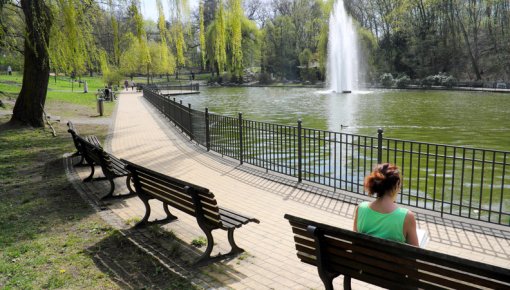I feel the pain in my bones, joints, tendons and muscles. Sometimes I can’t tell exactly where it's coming from because it radiates – for instance from my wrist into my forearm, from my shoulder into my elbow, or from my knee into my hip. The inflammations in my tendons are especially painful. The pain is sometimes a permanent pulling pain, sometimes a throbbing pain or a sudden shooting pain. It really wears me down.
I find it very hard to sit for any length of time. I then often have to get up and walk around a bit, or change my position. If I’m at home and it gets worse, I sometimes lie down and listen to music or read a bit. I also like to solve puzzles, particularly at night when I can’t get back to sleep. Or then I get up and make myself a cup of tea.
I play several wind instruments, and am saving up to buy another instrument of my own. That’s one of my goals. It’s a “highlight” in my life that distracts me from the disease and recharges my batteries a little. It helps me to forget about everything.
Dealing with the permanent pain is also an important issue for me. Because of my liver damage, I can hardly take any painkillers, certainly not frequently. There are only a few types of painkillers that I can use at the moment, when the pain is particularly bad. So I’m used to mainly putting up with the pain, which is often quite severe.
I’ve learned not to concentrate on the pain, but to accept that it’s there, just like the disease is. The pain is a part of my life, but definitely not the focus.

